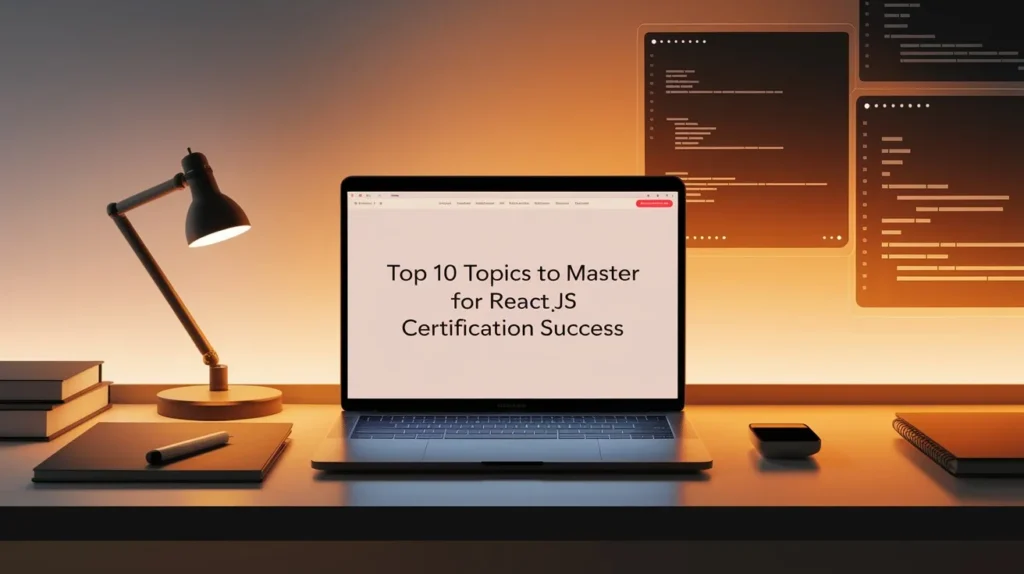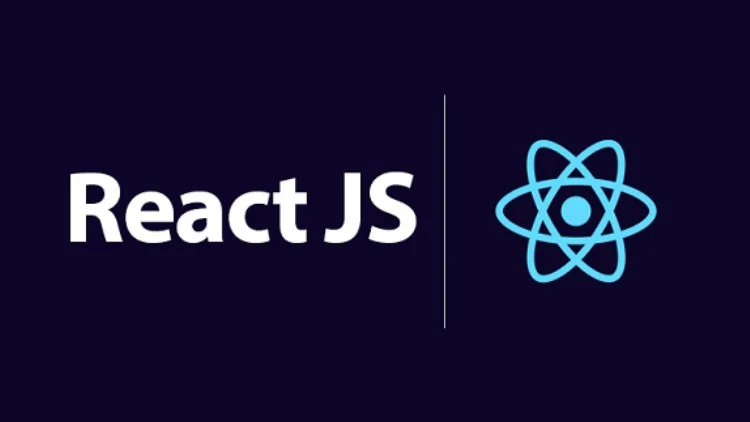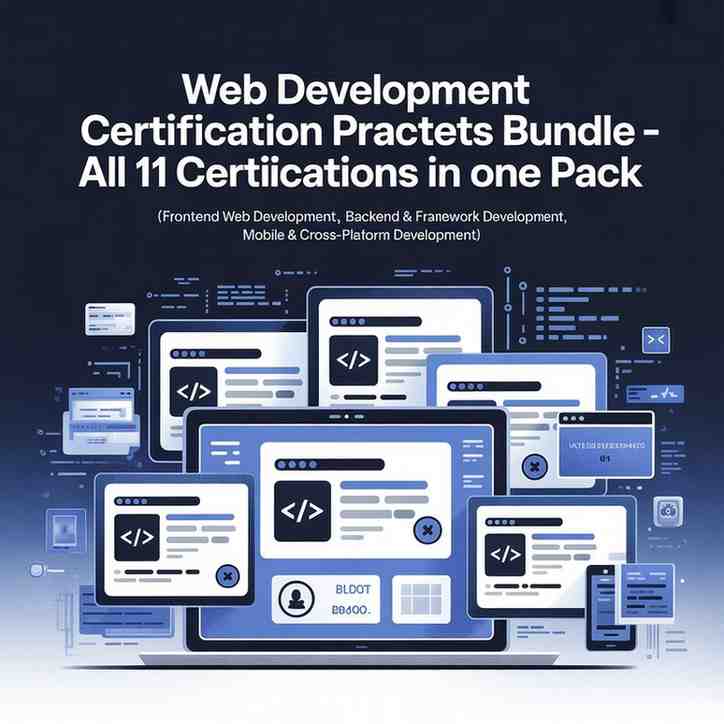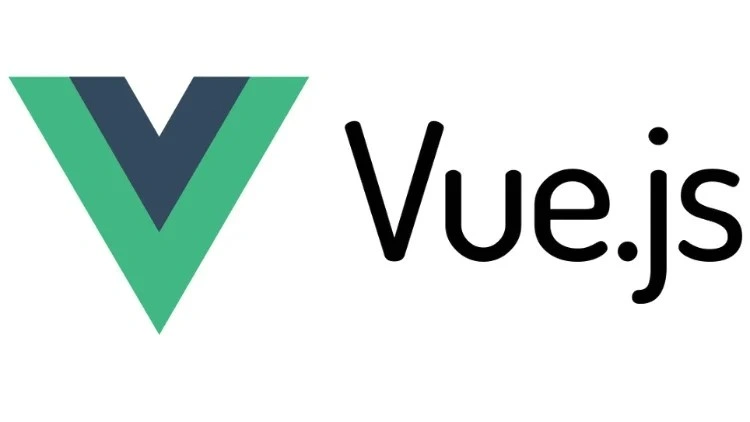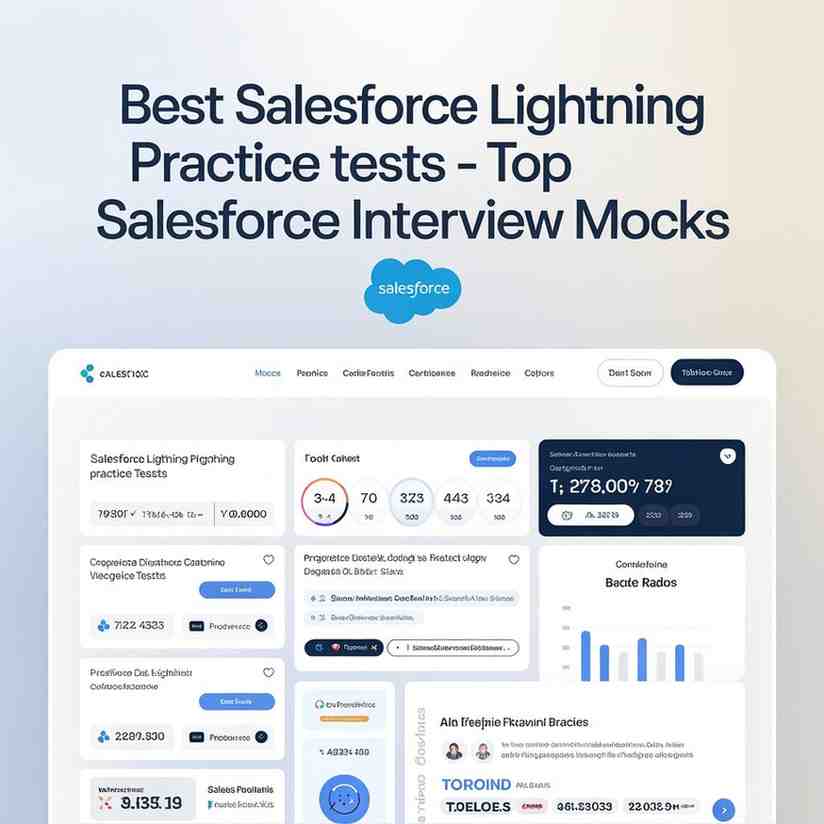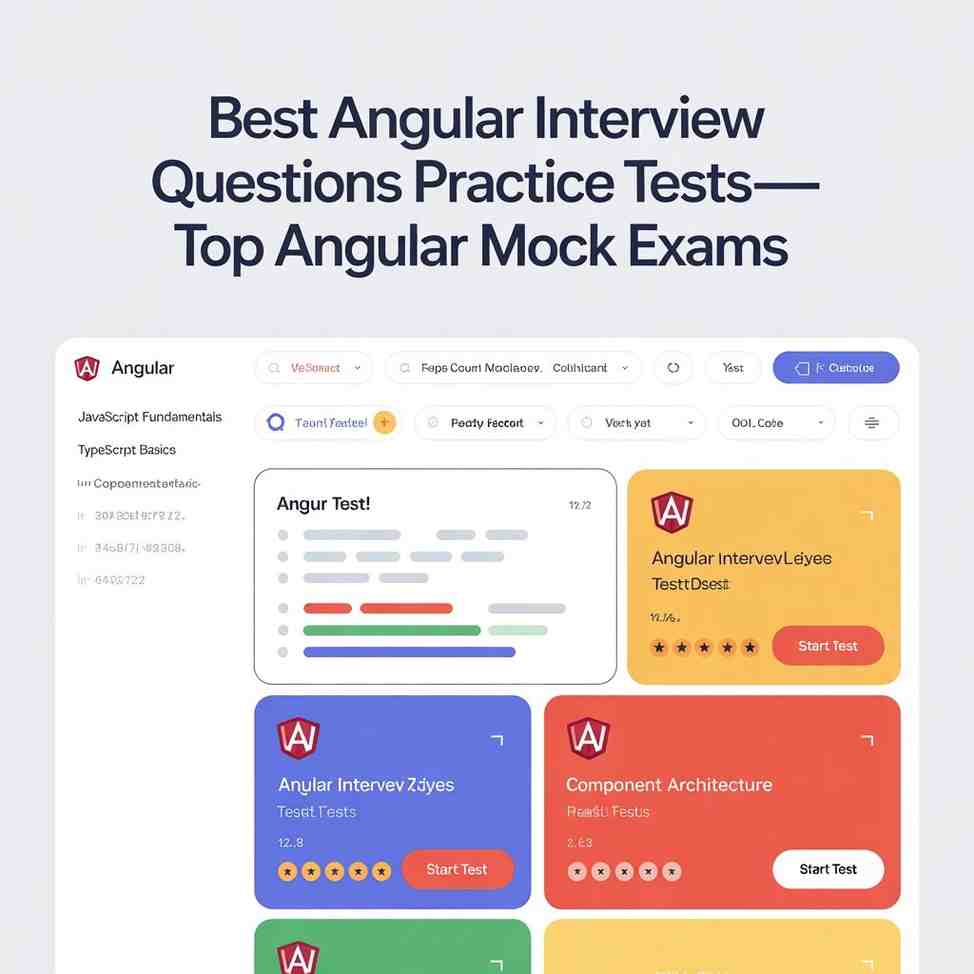Introduction
Imagine you’re cozied up with a warm cup of coffee, staring at your laptop, daydreaming about nailing that React.js certification and giving your career a serious boost. Sounds amazing, right? But then reality hits: the list of topics to study feels like a never-ending scroll. Where do you even begin? Trust me, I’ve been there, overwhelmed and wondering how to tackle it all. React.js certifications, like the ones from Meta or other top platforms, aren’t just about memorizing code—they test your ability to think like a pro developer, weaving together core concepts and real-world problem-solving. A 2024 Stack Overflow survey found that 40.6% of developers use React.js, making it the go-to framework for building slick, scalable apps. Nail these topics, and you’re not just passing an exam—you’re setting yourself up to shine in a crowded field.
In this guide, I’m walking you through the top 10 topics you need to master to ace your React.js certification. From the magic of JSX to the ninja-level advanced patterns, I’m sharing practical tips, stories from my own coding adventures, and a bit of humor to keep things fun. Whether you’re just starting out or you’ve been coding for years, this is your roadmap to success. Here’s a tip that changed everything for me: Don’t just memorize—understand the why behind the code. Ready to dive in and make that certification yours
1. JSX: The Secret Sauce of React
JSX is like the perfect blend of JavaScript and HTML—it looks familiar but works like magic. It’s not quite HTML, but it lets you write markup that feels intuitive, and it’s a cornerstone of any React.js certification exam. You’ll need to know how JSX gets turned into JavaScript (thanks, Babel!), its quirky rules, and the mistakes that trip people up.
Key Concepts: JSX syntax, embedding JavaScript expressions, attributes, and fragments.
Pro Tip: Steer clear of inline styles—they’re messy and hard to maintain. Try CSS modules or styled-components for cleaner code.
Example: Writing <div>{user.name}</div> lets you slip JavaScript into your markup, but miss those curly braces, and you’re in for a headache.
I’ll never forget the time I spent an hour debugging a JSX error, only to realize I’d written class instead of className. Facepalm moment! Save yourself the trouble by practicing JSX early. React.js study guide has some great exercises to get you comfortable with JSX fast.
2. Components: Your React Building Blocks
Think of components as the LEGO pieces of your React app—each one is reusable, modular, and fits together to create something awesome. Whether you’re working with functional or class components, they’re a big deal on React.js certification exams. You’ll need to understand their lifecycle, how props work, and how to combine them effectively.
Key Concepts: Functional vs. class components, props drilling, and component composition.
Fun Fact: Since React 16.8, functional components with Hooks have pretty much taken over from class components.
Mini Case Study: Picture a todo app where a <TodoItem> component gets task and isCompleted props, updating dynamically based on user input.
Building components is like cooking your favorite recipe—start with the basics, then experiment. Gururo’s React.js certification practice tests are awesome for getting the hang of component patterns and thinking like the exam creators.
3. State Management: The Pulse of Your App
State is what makes your React app feel alive, letting it respond to user actions and updates. React.js certification exams will test how well you can handle state using useState, useReducer, and even libraries like Redux or Zustand.
Key Concepts: useState for simple state, useReducer for complex logic, and Redux for global state.
Quote: “State is like a toddler—manage it carefully, or it’ll throw a tantrum.” – Some Wise Developer
Pro Tip: Reach for useReducer when your state feels like a flowchart, like in a multi-step form.
I once built a shopping cart that crashed because I didn’t batch my state updates properly. It was a humbling lesson in why state management matters. Practice batching updates to keep your app smooth and bug-free.
4. Hooks: React’s Game-Changing Superpower
Hooks burst onto the scene in React 16.8, and they’ve changed how we write React forever. They let functional components do everything from managing state to handling side effects. Expect React.js certification exams to grill you on useState, useEffect, useContext, and even custom Hooks.
Key Concepts: useEffect for side effects, useContext for shared data, and creating your own Hooks.
Example: A custom useWindowSize Hook that tracks the browser’s dimensions in real time.
Pitfall: Forgetting to clean up useEffect can cause memory leaks—always include a cleanup function.
Hooks were a bit intimidating at first, like learning to skateboard. But once I got the hang of them, I was hooked (pun intended). Hook-focused challenges are a great way to practice.
5. Routing: Navigating Your App Like a Boss
React Router is your go-to for building smooth navigation in single-page apps (SPAs). React.js certification exams will check if you can set up routes, work with dynamic parameters, and handle nested routes like a pro.
Key Concepts: BrowserRouter, Route, Link, and useParams.
Real-World Insight: A portfolio site might use <Route path=”/project/:id” component={ProjectDetail} /> to show specific project pages.
Pro Tip: Use useNavigate to redirect users programmatically, like after they submit a form.
Routing questions can be tricky, like trying to find your way out of a maze. Practice with real scenarios to stay on track.
6. Context API: Ditching Props Drilling
Props drilling is the worst—like passing a note through five classmates to get to your friend. The Context API lets you share data across components without the hassle, and React.js certification exams will test how well you can use it.
Key Concepts: createContext, Provider, and Consumer.
Example: A theme context to switch between light and dark mode across your app.
Anecdote: I once passed props through six components before I discovered Context. Talk about a facepalm moment—learn Context early and save yourself the trouble.
Context is super handy, but don’t overdo it. Reserve it for global stuff like user authentication or themes.
7. Performance Optimization: Making Your App Lightning Fast
Nobody wants to wait for a slow app to load. React.js certification exams often ask about optimizing performance with tools like memoization, lazy loading, and code splitting.
Key Concepts: React.memo, useMemo, useCallback, and React.lazy.
Fun Fact: A 1-second delay in page load can cut conversions by 7%, according to Google’s 2023 data.
Pro Tip: Use useMemo for heavy calculations, like sorting a massive dataset.
I once sped up a dashboard by memoizing a chart component, slashing render time in half. It felt like giving my app a turbo boost. Practice these techniques to make your apps fly.
8. Testing: Building Code You Can Trust
Testing might not sound thrilling, but it’s a must for pro React developers. React.js certification exams cover unit testing with Jest and integration testing with React Testing Library.
Key Concepts: Writing test cases, mocking APIs, and testing Hooks.
Example: Testing a button click with fireEvent.click to make sure it works as expected.
Pro Tip: Focus on testing user interactions, not tiny implementation details, to keep your tests flexible.
I used to dread testing until a bug slipped into production and taught me a lesson. Now, I’m all about writing solid tests. Gururo’s React.js certification practice tests include testing scenarios that’ll get you exam-ready.
9. Forms: Handling User Input Like a Pro
Forms are everywhere—think login pages, surveys, or checkout screens. React.js certification exams will test how you handle controlled and uncontrolled forms, validation, and tools like Formik.
Key Concepts: Controlled components, form validation, and useRef for uncontrolled inputs.
Example: A login form that validates input in real time using useState.
Pro Tip: For complex forms, Formik is a lifesaver—trust me, it’ll save you hours.
Forms can be sneaky with edge cases like invalid inputs. Practice handling those to stay ahead.
10. Advanced Patterns: Your Secret Weapon
React.js certification exams love throwing in advanced patterns like Higher-Order Components (HOCs), Render Props, and Compound Components to see if you can handle the big leagues.
Key Concepts: HOCs for reusing logic, Render Props for flexibility, and Compound Components for slick UI composition.
Example: A withAuth HOC that protects routes based on whether a user is logged in.
Anecdote: I once wowed an interviewer by breaking down Render Props on a whiteboard. These patterns are like a cheat code for standing out.
Master these, and you’ll feel like a React rockstar.
Conclusion
Getting ready for your React.js certification might feel like climbing a mountain, but with these 10 topics—JSX, components, state management, Hooks, routing, Context API, performance optimization, testing, forms, and advanced patterns—you’re well on your way to the top. It’s not about cramming; it’s about building skills you’ll use in real projects. As Douglas Adams wisely said, “Don’t Panic!” Start with one topic, code something fun, and lean on resources like React.js study guide to keep you on track.
Your first step? Pick a topic, dive in, and build something real. That certification—and an awesome React career—is waiting for you. You’ve got this—now go make it happen!
Additional Resources
Books: “Learning React” by Alex Banks and Eve Porcello; “React Hooks in Action” by John Larsen.
Tools: Create React App, Vite, React Developer Tools.
Websites: Gururo for React.js certification practice tests and study materials; React.dev for official docs.
Communities: Check out Reactiflux on Discord or the r/reactjs subreddit for tips and support.
FAQs
What makes React.js certification worth the effort?
A React.js certification proves you’ve got the skills to build dynamic apps, giving you a leg up in job interviews. It’s like a badge of honor for devs!
How long does it take to prepare for React.js certification?
With 10-15 hours a week, you can be exam-ready in 2-4 months. A solid React.js study guide can speed things up.
What are the best topics for React.js certification success?
Focus on JSX, Hooks, state management, and routing—these are the best topics for React.js certification and make up most exam questions.
Can I ace React.js certification without real-world projects?
Tough, but not impossible. Building projects alongside React.js certification practice tests helps you apply essential React.js concepts for certification.
What’s the trick to mastering Hooks for React.js certification?
Practice useEffect and useState like they’re your best friends. Gururo’s challenges are gold for React.js certification preparation.
How do I avoid common mistakes on the React.js certification exam?
Watch out for JSX pitfalls like missing curly braces. React.js certification exam tips include practicing with mock tests to spot errors early

